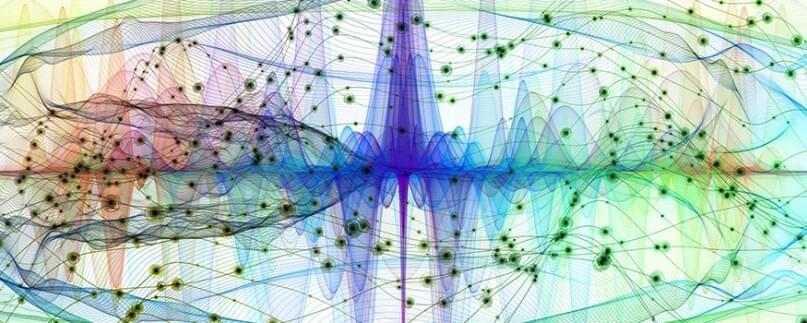The concept of ‘anti-realism’ is widely seen as a fact of life for many physicists studying the mysterious effects of quantum mechanics. However, it also seems to contradict the assumptions of many other fields of research. In his research, Dr William Sulis at McMaster University in Canada explores the issue from a new perspective, by using a novel mathematical toolset named the ‘process algebra model’. In suggesting that reality itself is generated by interacting processes more fundamental than quantum particles, his theories could improve researchers’ understanding of fundamental processes in a wide variety of fields.
The concept of ‘locality’ states that objects and processes can only be influenced by other objects and processes in their immediate surroundings. It is a fundamental aspect of many fields of research and underpins all of the most complex systems we observe in nature, including living organisms. “Biologists and psychologists have known for centuries that the physical world is dominated by processes which are characterized by factors including transformation, interdependence, and information”, Dr Sulis explains. “Organisms are born, develop, continually exchange physical components and information with their environment, and eventually die.”
Beyond biology, the principle of locality also extends to Einstein’s theory of special relativity. Since the speed of light sets a fundamental speed limit on all processes in the universe, the theory states that no process can occur if it has not been triggered by another event in its past, at a close enough distance for light to travel between them within the time separating them. In general, these theories are unified by a concept which physicists call ‘realism’. Yet despite this seemingly intuitive rule, physicists have increasingly come to accept the idea that it doesn’t present a full description of how all processes unfold.
